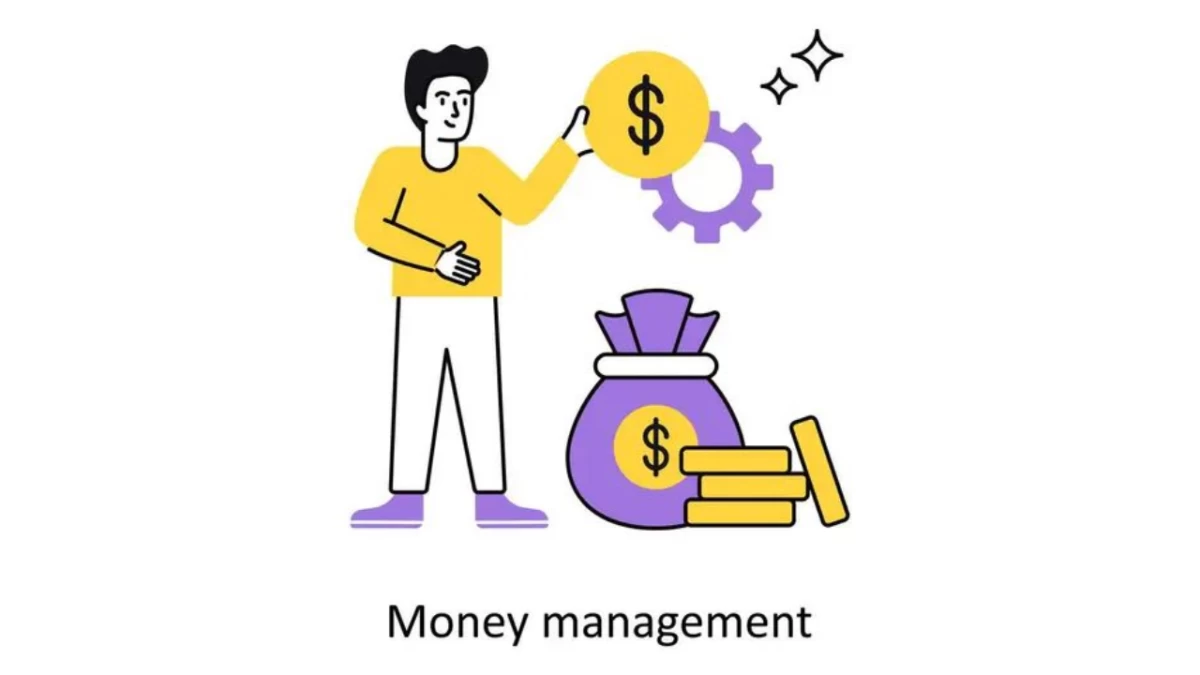

By signing in or creating an account, you agree with Associated Broadcasting Company's Terms & Conditions and Privacy Policy.


By signing in or creating an account, you agree with Associated Broadcasting Company's Terms & Conditions and Privacy Policy.

Most individuals concentrate on increasing their income, but few talk about how to properly manage it. While building wealth is vital, protecting and managing your money is just as critical. To guarantee long-term stability and liquidity, you must carefully save, invest, and spend your hard-earned money. Efficient money management gives you peace of mind and financial stability, enabling you to face uncertainty head-on.
Keeping track of your spending and analysing it regularly is an essential part of money management. This practice assists you in recognising wasteful expenditure and maintaining financial management. You may make wise choices and direct your funds toward essential costs and long-term financial objectives by examining your spending.
The first step in effective money management is creating a budget. It is a straightforward yet effective tool for financial planning and organisation. Estimate your monthly spending according to your needs, lifestyle, and income to construct a budget. You may control spending, prevent wasteful spending, and methodically save money with a well-planned budget. It also aids in measuring advancement over time and establishing reasonable financial objectives. You may secure your financial future and make sure you are spending within your means by adhering to a budget.
Prioritising saving above spending is one of the best financial management practices. Make it a practice to set aside a percentage of your salary for savings before paying for everyday expenses like rent, electricity, groceries, and loan repayments. This lowers the chance of overpaying and guarantees that you are financially ready for unforeseen costs. You may create a solid financial cushion that offers security during hard times by regularly setting aside a percentage of your income.
Establishing financial goals aids in efficient money management and maintains an emphasis on long-term goals. Having a clear financial roadmap is crucial whether you're saving for your child's school, buying a home, or getting ready for retirement. Establish both short- and long-term objectives, as well as deadlines for reaching them. You may increase your wealth by investing in financial goods like stocks, mutual funds, and fixed deposits. You can maintain motivation and make sure that your money is spent sensibly by establishing reasonable goals.
One of the best methods for accumulating wealth is to start early. Because of the force of compounding, your money has more time to increase when you start investing early in life. In the long term, even modest investments done regularly over time can provide large returns. You might reap greater financial rewards the earlier you begin saving and investing. Act now and let your money do the talking rather than waiting for the "right time" to invest.
Excessive debt may become a financial burden, even if loans can help reach life objectives like purchasing a home or going to college. Credit card debt and high-interest loans have the potential to deplete funds rapidly and negatively affect one's financial well-being. Determine if taking on debt is essential and manageable before doing so. To keep your credit score high, don't use your credit cards excessively and always pay your bills on time. You can keep your finances stable and save needless worry by keeping your debt to a minimum and managing your loans sensibly.
Being prepared is crucial since financial uncertainty can occur at any time. If not prepared beforehand, unforeseen circumstances like accidents, medical crises, or job loss can put a burden on resources. It is suggested to have at least six months' worth of spending in an emergency fund. You and your family can also secure your financial future by purchasing insurance policies such as health, term, and critical illness insurance. Being ready for any emergency guarantees that you won't need to take out loans or jeopardise your long-term financial objectives.
There are several benefits to saving money early in life. You profit more from compound interest, where your investments produce returns, which, over time, generate larger earnings, the sooner you start. Modest but steady savings aid in building up a larger financial corpus. Reaching financial objectives becomes more difficult when funds are postponed since possible returns are lost. You may achieve financial independence and future security by forming the habit of saving early.
Effective money management is a lifetime skill that guarantees financial development and stability. You may take charge of your financial destiny by making a budget, saving regularly, establishing financial objectives, staying debt-free, and making prudent investments. Your financial foundation is further strengthened by starting early and being ready for crises. Making wise decisions to preserve and increase wealth is just as important to money management as raising revenue. You may attain financial independence and have a safe, stress-free future with the correct tactics.












